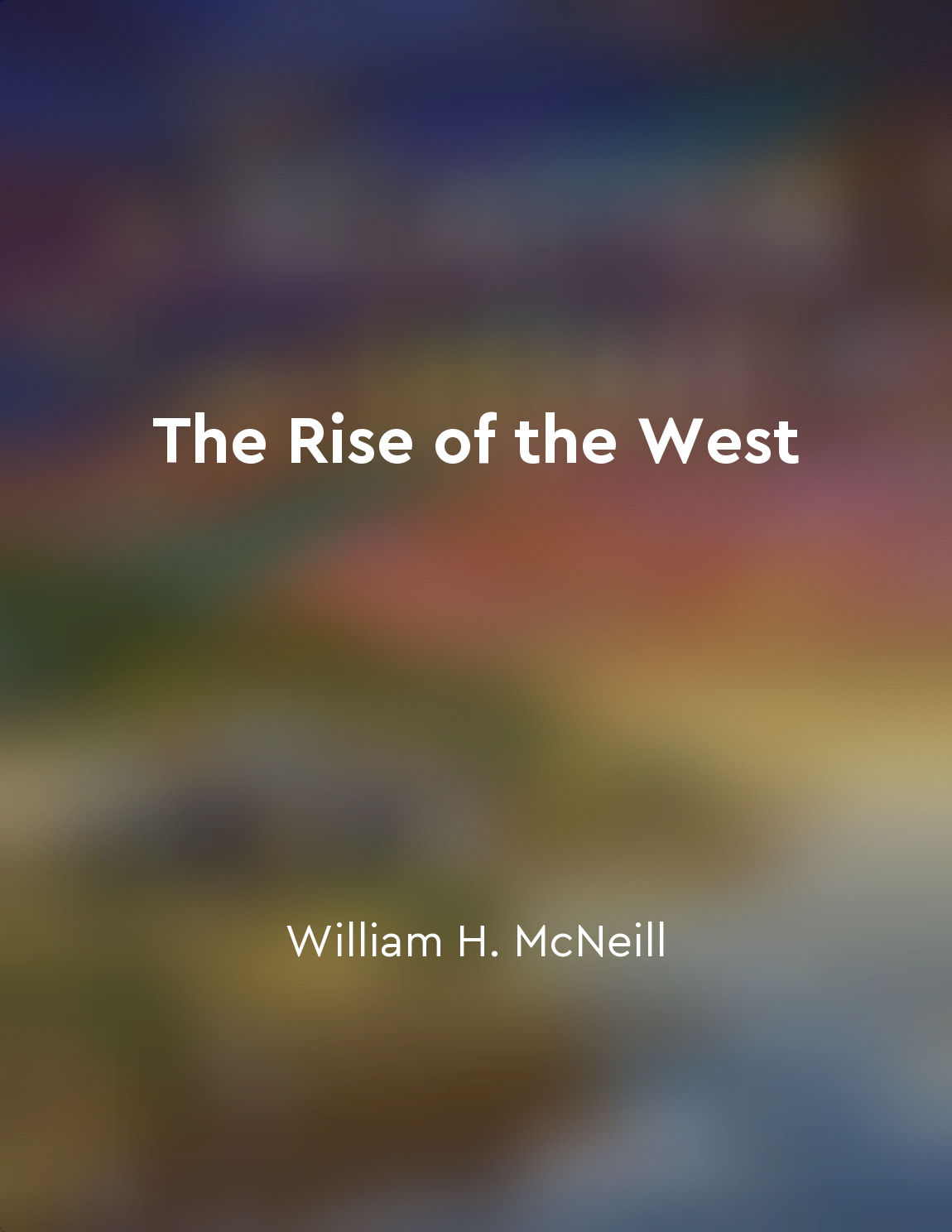Environmental changes can lead to the spread of infections from "summary" of An Unnatural History of Emerging Infections by Ron Barrett,George Armelagos (the late)
The interconnectedness of the natural world and human health has become increasingly apparent in recent years. Environmental changes, such as deforestation, urbanization, and climate change, can have profound effects on the spread of infectious diseases. As we alter the landscapes around us, we unwittingly create new pathways for pathogens to move between animals and humans. Deforestation, for example, can disrupt ecosystems and force wildlife into closer contact with humans. This increased interaction can lead to the transmission of diseases from animals to humans, a phenomenon known as zoonotic spillover. Urbanization, on the other hand, creates densely populated areas where pathogens can easily s...Similar Posts
Social norms regulate behavior within societies
Social norms are unwritten rules that govern behavior within societies. These norms dictate what is considered acceptable or un...

The West's rise is driven by technological innovation
The West's rise to global dominance can be largely attributed to its consistent commitment to technological innovation. Through...
The impact of emerging infections can be devastating
Emerging infections have the potential to wreak havoc on human populations, causing widespread suffering and death. These disea...
Writing systems aid in societal organization
Writing systems have played a crucial role in shaping the organization of societies throughout human history. The ability to re...
The fight against infectious diseases is ongoing
The battle against infectious diseases is a never-ending struggle that has been fought throughout human history. From the ancie...
The mosquito's resilience highlights the need for innovative approaches to control
The mosquito, with its tenacious will to survive and adaptability to changing environments, serves as a stark reminder of the u...
